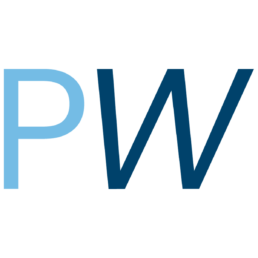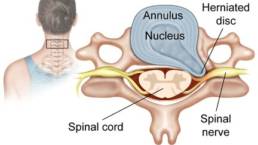Nutrition during the prenatal and perinatal period
Nutrition profoundly influences fetal development and maturation that can be often overlooked whilst engaging in our busy day-to-day tasks. We all know the swan Eating appropriately but what do the benefits entail? Macronutrients in the correct amount may ensure a healthy, well-developing bub and attribute to mum’s overall wellbeing.
Let’s talk about Protein.
Protein is a large molecule that is an integral part of any function our body needs to perform and sustain itself namely via cell and organ function. Consuming an adequate amount daily is especially important during pregnancy or breastfeeding to ensure you have enough protein at the times when your cells need to grow or repair.
Low maternal dietary protein intake can cause embryonic losses, intra-uterine growth restriction, and reduced postnatal growth due to a deficiency in specific amino acids that are important for cell metabolism and function. (Cassandra M Herring, 2018)
How much do I need?
60g per day (pregnant) which equates to 3.5 serves and 67g if breastfeeding which is 2.5 serves
How do I get it?
There are many sources of protein to fit different types of food preferences but make sure the meat products are fully cooked to avoid stomach problems that might impact bub.
Lean meat (1 serve= 65g cooked), Poultry (1 serve= 80g cooked), and eggs (1 serve= 2 eggs have the highest bioavailability and overall, most protein ‘bang for your body’s buck’.
Seafood– namely fish, prawns, and other foods such as mussels and scallops but be sure to avoid any dish made with raw fish.
Legumes such as chickpeas, canned beans, and lentils (1 serve= 150g) are a hardy alternative to lean meats and can be added to most meals.
Milk and dairy products that are reduced fat are easy to consume in a daily routine (1 serve= 1 cup of milk, 1 small carton of yogurt, or 2 slices of hard cheese).
Knowing is half the battle:
Proper food education around making good food choices result in happier bodies and reduces the amount of chemical stress placed on the body. Chemical stress may have a physical manifestation resulting in acute or chronic pain. The more we give our bodies what is needed, the more longevity we can experience alongside a better quality of life.
I believe that a chronic issue may be multifaceted and may not have one specific cause or solution. As a chiropractor, I take the holistic frame of reference and understand that these stressors be they Physical, Chemical or Emotional may appear as pain and masquerade as other musculoskeletal issues. We at Perth Wellness aim to Predict these ailments, and together make Changes to Ensure our patients improved quality of life and longevity.
References:
Better Health Channel. (2022). Protein. Retrieved from https://www.betterhealth.vic.gov.au/health/healthyliving/protein#protein-foods
Cassandra M Herring, F. W. (2018). Impacts of maternal dietary protein intake on fetal survival, growth, and development. Exp Biol Med (Maywood), doi:10.1177/1535370218758275.
Health Direct. (2022, June 9). Protein. Retrieved from Health Direct- Protein: https://www.healthdirect.gov.au/protein
Related Posts
How to Treat a Herniated Disc
27 April 2018
Between each of our spinal vertebrae we have an intervertebral disc. These discs play an important role in the normal functioning of our spines. They act as shock absorbers, hold the vertebrae together and allow slight movement of the spine.
0 Comments3 Minutes
What is Frozen Shoulder and How to Treat It
19 June 2017
Adhesive Capsulitis or frozen shoulder can be both very painful and movement restrictive for the shoulder joint. Whilst this may be a term familiar to some, it is often poorly understood and misdiagnosed in the field of sports medicine.
0 Comments4 Minutes


